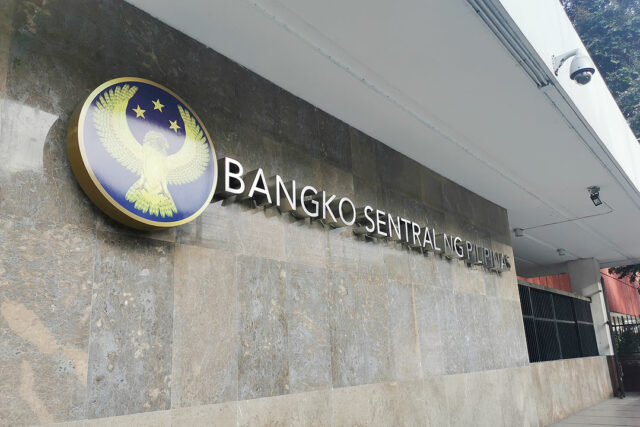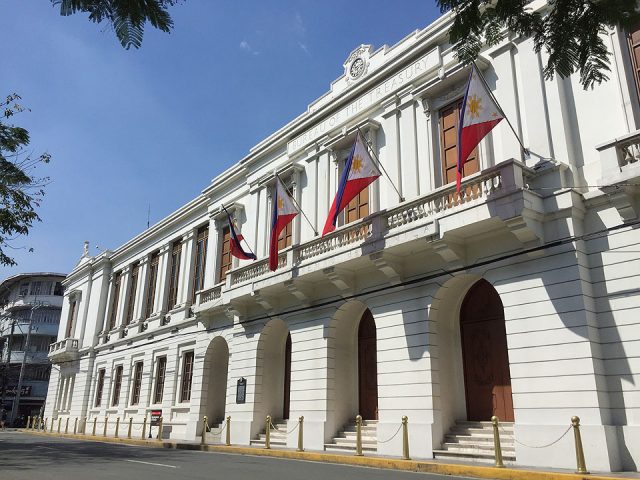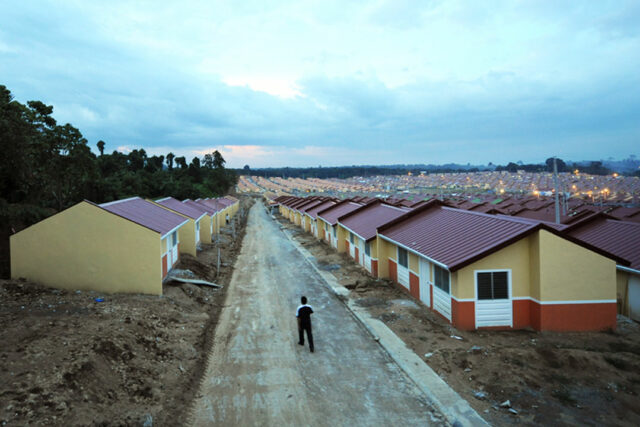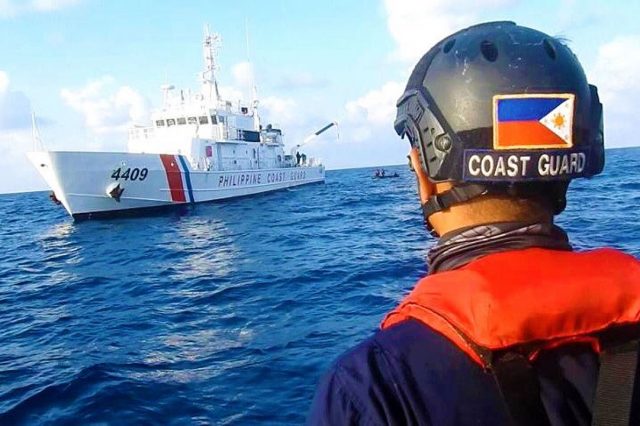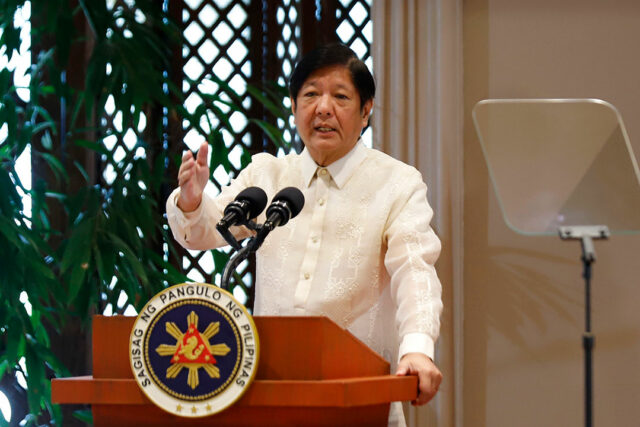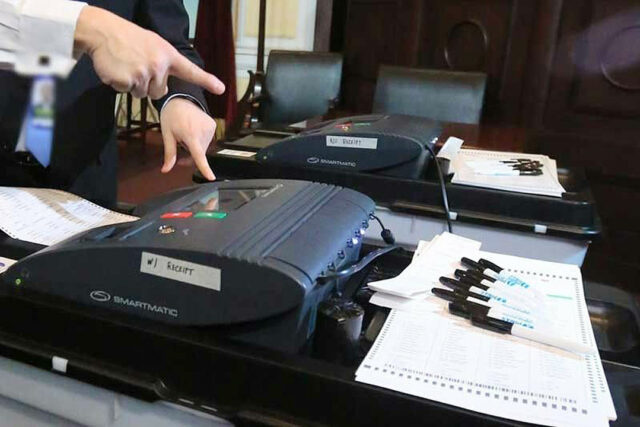NGCP says expenses disallowed by ERC are ‘legitimate business costs’
THE National Grid Corp. of the Philippines (NGCP) said the Energy Regulatory Commission’s (ERC) ruling that disallowed some of the company’s claimed expenses represent a “retroactive” decision that seeks to impose rules after the fact.
“Before you play, you should know the rules, so to apply this retroactively, we think that decision like that lacks fairness,” NGCP Spokesperson Cynthia P. Alabanza said at a briefing on Thursday.
On Wednesday, the ERC released the partial results of its review of the NGCP’s fourth regulatory period, in which it determined that the grid was allowed to generate revenue of P36.7 billion annually for the period known as Phase 1.
This is significantly lower than the P77.56 billion that the NGCP had applied for. The interim Maximum Annual Review (iMAR) had also allowed it to generate revenue of P51.47 billion in March 2022.
iMAR is the maximum amount that NGCP is allowed to take in annually to recover its operational expenses.
“The iMar was approved by the ERC so again, one thing you’re wondering is why the iMAR — which was ERC approved — has been declared incorrect, and lowered,” Ms. Alabanza said.
After the most recent review, the ERC disallowed claims that “were not properly supported by the audited financial statements (AFS)” of the NGCP.
In total, the ERC disallowed some of the NGCP’s operating and maintenance expenses for 2016 to 2020, amounting to about P3.75 billion.
These include expenses for public relations and corporate social responsibility; representation and entertainment; advertising; donations for COVID-19 preventive drives; charitable contributions; and miscellaneous expenses.
Ms. Alabanza said that NGCP’s expenses cited by the ERC are “legitimate business costs under the same rules applied to the National Transmission Corp. (Transco).”
“When you say that it was passed on to the people, but it is a legitimate business expense, that should not be bad, especially if that is contained in the policy that was laid down when we entered the business,” she said.
The NGCP took over the operations and management of the national transmission system from TransCo in 2009 due to the privatization of the power grid operations and maintenance.
In a separate briefing earlier, ERC Chairperson and Chief Executive Officer Monalisa C. Dimalanta said that advertising expenses were disallowed by the regulator because they are not appropriate for monopolies.
“Because NGCP is a monopoly… why do you need to promote? Why do you need to advertise your services if you are a monopoly? Consumers have no choice but to avail of your services and pay your services,” she said.
Ms. Alabanza said that the public relations and advertising expenses are “not a marketing initiative” but involved information campaigns, including safety and right-of-way clearance.
She said that ERC ruling will have a long-term impact not only on the NGCP but on the consumers and other businesses as well.
“At the end of the day, what must be balanced here is the consumer’s concerns and his right to good services at a reasonable price,” she said.
Asked to respond to the NGCP statements, Ms. Dimalanta said: “We still have to take another look if indeed these were allowed for TransCo — but it may not be reasonable to compare TransCo and NGCP because one is a government company, and one is a government concessionaire.”
“If you recall, the government privatized the transmission operations not to simply continue doing what TransCo has been doing but to improve on it, be more efficient and cost-effective and pass on to consumers the benefits of privatization,” she said in a Viber message.
The NGCP were given 15 days to give its comment, Ms. Alabanza said.
Separately, the NGCP said that the Mindanao-Visayas Interconnection Project (MVIP) may experience further delays before becoming fully energized due to a temporary restraining order (TRO) issued against the construction of its Cebu-Magdugo 230-kilovolt (kV) line.
The project was a component of the Cebu-Negros-Panay Stage 3 Backbone Project, which is crucial to the full operation of the MVIP.
The Supreme Court issued the TRO on Sept. 11 in response to the petition filed by the Tourism Infrastructure and Enterprise Zone Authority (TIEZA).
Two tower sites are on TIEZA property, which it intends to develop into a golf course, the grid operator said. NGCP was issued a Writ of Possession for the property in October last year.
The NGCP said that the Cebu-Magdugo 230-kV line is crucial for the utilization of the 450-megawatt transfer of power from the P52-billion transmission project on the Visayas side. — Sheldeen Joy Talavera


